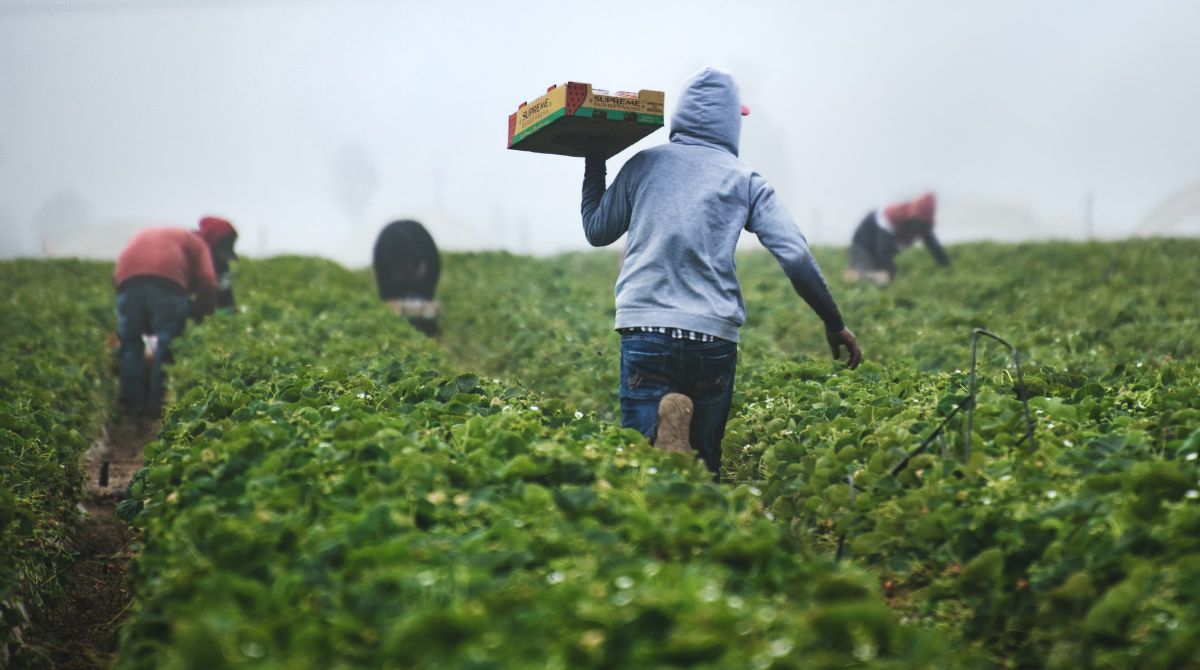Fair trade is an approach designed to help producers in developing nations access international markets directly. It promotes fair working conditions, equitable wages, and minimizes environmental impact. By adhering to these principles, fair trade plays a vital role in advancing the economic, social, and environmental development of producer countries. This article explores how this model supports development.
Ensuring Fair and Stable Prices for Producers
Producers in developing countries often grapple with the volatility of global agricultural markets. Fair trade sets a minimum price for products, allowing producers to cover their costs and achieve a decent standard of living. This stability is crucial for economic growth, long-term planning, and investment in community development.
Enhancing Working and Living Conditions
This approach enforces high standards for labor practices, including the prohibition of child labor and the guarantee of safe working conditions. These measures improve worker dignity and well-being, which positively influences overall human development. Better living conditions also lead to improved access to education, healthcare, and other essential services.
Building Capacities and Promoting Autonomy
Fair trade goes beyond fair pricing by offering training, access to modern technologies, and technical support to producers. This assistance helps them improve product quality, boost productivity, and enhance their competitiveness in the global market. By fostering autonomy, fair trade contributes to sustainable economic progress in producer countries.
Advancing Environmental Protection
The approach includes environmentally sustainable practices such as organic farming and reducing carbon emissions. These methods help protect natural resources, preserve biodiversity, and address climate change. By promoting these practices, fair trade supports producers in maintaining their environment and ensuring the sustainability of their agricultural activities.
Investing in Local Communities
Premiums from fair trade are often used for community projects, including the construction of schools, health centers, and infrastructure improvements. These investments enhance social cohesion and community well-being, fostering an environment that supports economic growth and reduces inequalities.
Expanding Market Access
Fair trade facilitates direct sales in international markets, cutting out intermediaries and increasing producers’ profits. This direct access boosts income, opens up new business opportunities, and helps diversify revenue streams.
Fair trade is more than a commercial transaction; it is a powerful driver of sustainable development in producer countries. By ensuring fair prices, enhancing working conditions, supporting environmental stewardship, and investing in communities, it plays a significant role in economic and social advancement. This approach offers a model that prioritizes both people and the planet, paving the way for a more equitable and sustainable future for all.
